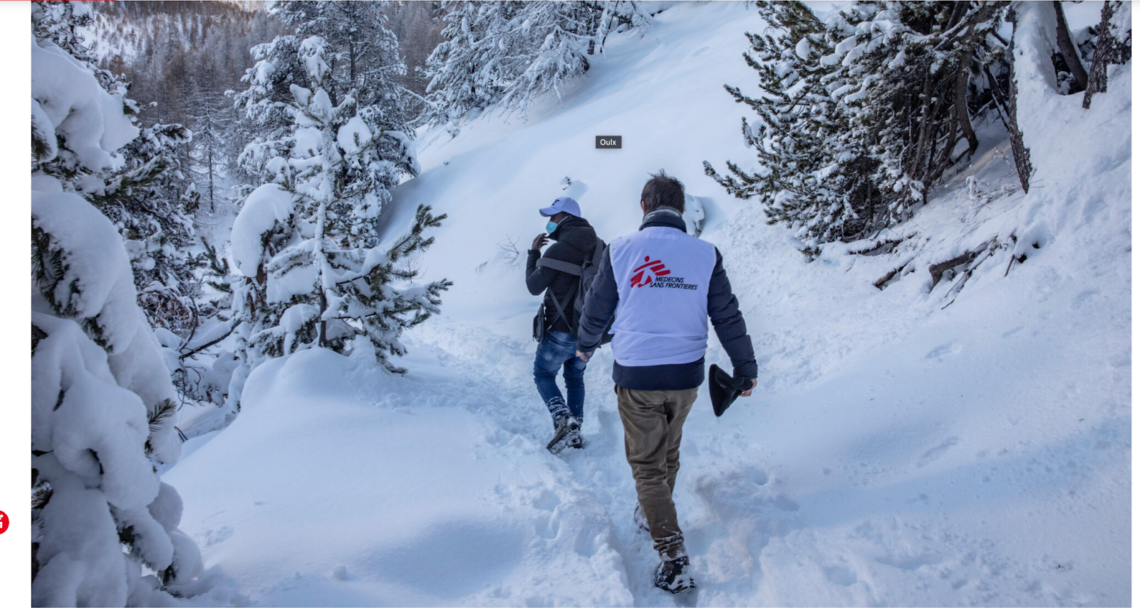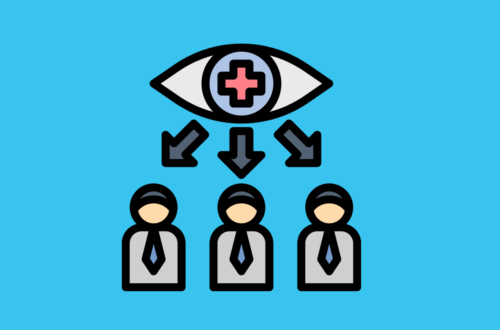
MSF: A Unique Path in Medicine
Explore the opportunities offered by Doctors Without Borders (MSF) and learn how medical professionals can work with this humanitarian organisation to make a meaningful contribution to the world.
Are you a physician yearning to make a real difference in the world, to leverage your skills in truly transformative ways? Doctors Without Borders, known globally as Médecins Sans Frontières (MSF), could be your path to an extraordinarily rewarding journey. This piece will delve into the opportunities, experiences, and lessons embedded in working with this esteemed organisation, providing a glimpse into a world where medicine meets humanitarianism.
In 1971, a mere 13 doctors and journalists founded Médecins Sans Frontières in Paris, a beacon of hope amid war and famine. Now, over half a century later, this beacon has grown into a worldwide movement of nearly 63,000 people, spanning more than 70 countries.
This independent, non-profit organisation is committed to providing emergency medical aid to those impacted by conflict, epidemics, and natural disasters, as well as those excluded from healthcare systems. MSF’s actions are firmly rooted in medical ethics, maintaining impartiality, independence, and neutrality.
In this blog, I’m sharing insights into what it’s like to work as a doctor with Médecins Sans Frontières (Doctors Without Borders), serving across various corners of the globe. If you, as a doctor, are contemplating being a part of MSF’s life-changing mission, I’ve brought together all the critical details you need, right here.
Working with MSF
Physicians working with MSF are often deployed to challenging and remote locations, collaborating closely with local health staff and providing training, supervision, and coordination. Their duties may include conducting clinical work, supporting medical data collection and analysis, developing and implementing relevant protocols, and managing medical supplies.
MSF projects offer opportunities to work and develop skills in various practice areas, such as HIV/AIDS and tuberculosis, nutritional programs, reproductive health, and emergency medicine. Data collection, analysis, and reporting are an intrinsic part of the role, and physicians are responsible for forecasting medical supply needs and managing medical stocks.
A Physician’s Journey with Doctors Without Borders
As described in the reference articles, one physician’s story highlights the unique experiences and challenges medical professionals working with MSF face. Dr Craig Spencer, the director of Global Health in Emergency Medicine at New York-Presbyterian/Columbia University Medical Center, has worked as a field epidemiologist in various regions, including Africa and Southeast Asia. His work with MSF included organising the organisation’s response in Guinea during the Ebola outbreak and providing medical care onboard the Aquarius, a search-and-rescue boat in the Mediterranean. Despite contracting Ebola himself, Dr Spencer returned to an MSF treatment centre in Guinea with a renewed sense of purpose.
Requirements and Expectations
To work with Doctors Without Borders, physicians must meet specific requirements, such as full and current registration, relevant post-residency work experience, and clinical experience within the last two years. Additionally, they should have experience in managing staff in a multicultural team, be fluent in English and another language (preferably French, Arabic, or Spanish), and have relevant travel or work experience in contexts similar to where MSF works.
Assets that can further enhance your chances of working with MSF include public health experience, a diploma in tropical medicine, and proficiency with Microsoft Office software (especially Excel). Physicians are expected to commit to at least two years of active service, during which they complete two to four field assignments.
Day-to-Day Experiences and Lessons Learned
Working with Doctors Without Borders can be a life-changing experience that offers valuable insights and lessons. Physicians must adapt to diverse situations, collaborate with local staff, and manage resources efficiently. The work can be demanding, with long hours and heavy workloads, but the reward lies in making a difference in the lives of people in need.
Some key takeaways from working with MSF include:
- The importance of flexibility and adaptability in challenging situations
- The value of teamwork and cooperation in a multicultural environment
- Developing a strong sense of commitment to MSF’s principles and humanitarian values
- Managing stress and maintaining resilience in high-pressure environments
- Appreciating the importance of equity, diversity, and inclusion in humanitarian work
Finding Opportunities with MSF
To find a job with Doctors Without Borders, visit their official website and explore the available positions. Look for roles that match your skills, experience, and interests, and carefully review the requirements and expectations.
Before applying, consider factors such as security and safety, as MSF’s work may occur in settings of active conflict or post-conflict environments where there are inherent risks and potential dangers. MSF takes extensive measures to mitigate and manage these risks through strict and comprehensive security protocols. As a potential field worker, you must be fully informed of the risks associated with a mission and determine your comfort level based on a full understanding of the possibilities you may face.
Terms of Employment
Doctors Without Borders field workers are employees with a salary and benefits. The organisation favours at least two years of active commitment, during which field workers complete two to four field assignments. The organisation has many opportunities for professional growth, including medical, non-medical, and coordination roles.
Surprises and Challenges
Physicians working with Doctors Without Borders may encounter surprises and challenges along the way. These can include:
- Adapting to basic living conditions and limited resources in remote locations
- Navigating the complexities of working in conflict zones and political situations
- Balancing clinical work with administrative and managerial responsibilities
- Developing strong relationships with local staff and communities
- Witnessing the resilience, courage, and strength of people in need
Working with Doctors Without Borders offers an unparalleled opportunity for physicians to make a meaningful difference in the world. Field workers demonstrate their solidarity with people facing unimaginable challenges by providing medical assistance to those in need. If you’re a medical professional considering a career with MSF, remember that your presence and commitment send a profoundly meaningful and human message to those in need: “You are not forgotten.”
CASE STUDY
https://play.google.com/store/books/details?id=lE8uDAAAQBAJ
SOURCE OF ALLINFOGRAPHS:https://www.msf.org/sites/default/files/2022-07/MSF_IAR_2021_web_version.pdf
| For a deeper understanding of the complexities and ethical dilemmas encountered by Médecins Sans Frontières, do take a moment to listen to this enlightening podcast. It offers a poignant exploration of MSF’s experience during the devastating siege and subsequent massacre in Srebrenica during the Bosnian War of the 1990s. Press play and immerse yourself in this pivotal moment in MSF’s history: https://soundcloud.com/everydayemergency/sets/socs-srebrenica |




